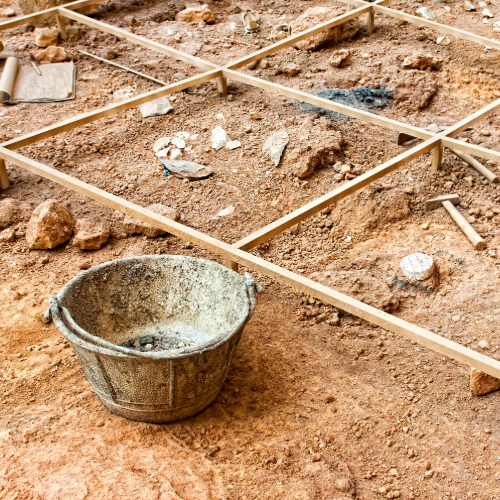Archaeology, the study of human history through the excavation and analysis of artifacts, structures, and other remains, provides a unique glimpse into the lives and cultures of past civilizations. Conducting archaeological investigations requires specialized supplies and equipment that enable researchers to unearth, preserve, and analyze these valuable findings. In this article, we will delve into the importance of using the right supplies for archaeological work and how these tools ensure the integrity and success of these crucial explorations into our past.
Precision and Preservation: The Essentials of Archaeological Supplies
- Excavation Tools: Digging Deeper with Care
The excavation process requires a variety of tools, each designed for a specific purpose. Trowels, shovels, pickaxes, and brushes are all essential for removing layers of soil and revealing the artifacts hidden beneath. Precision is paramount, as hasty or careless digging can damage or destroy invaluable historical remains. These tools allow archaeologists to work carefully and methodically, ensuring that artifacts are preserved and properly documented.
- Surveying Equipment: Mapping the Past
Archaeologists rely on surveying equipment such as theodolites, total stations, and GPS devices to accurately map the layout and location of excavation sites. These tools help researchers understand the spatial relationships between artifacts and structures, providing crucial context for interpreting the findings. Proper surveying also enables archaeologists to plan and manage their excavation projects efficiently, ensuring that resources and time are allocated effectively.
- Artifact Handling and Preservation
Once artifacts have been unearthed, it is essential to handle and preserve them with care. Specialized supplies such as acid-free paper, archival boxes, and cotton gloves help protect delicate items from damage or deterioration. Additionally, artifact labels and tags enable researchers to document the context and provenance of each find, ensuring that this valuable information is preserved for future study and analysis.
- Analytical Tools: Deciphering the Clues
Archaeological discoveries often require further analysis to unlock their full significance. Laboratory supplies such as microscopes, chemical testing kits, and radiocarbon dating equipment help archaeologists investigate the composition, age, and function of artifacts. These tools allow researchers to piece together the story of past civilizations, providing insights into their technology, art, and daily life.
Conclusion: Safeguarding our Heritage
The use of appropriate supplies and equipment is vital to the success and integrity of archaeological investigations. These tools enable researchers to excavate, document, and analyze the remnants of past civilizations with precision and care, ensuring that our shared human heritage is preserved and understood for generations to come. As we continue to explore the mysteries of our past, it is essential to invest in and prioritize the development of new and improved supplies that will further enhance the field of archaeology and our understanding of human history.







